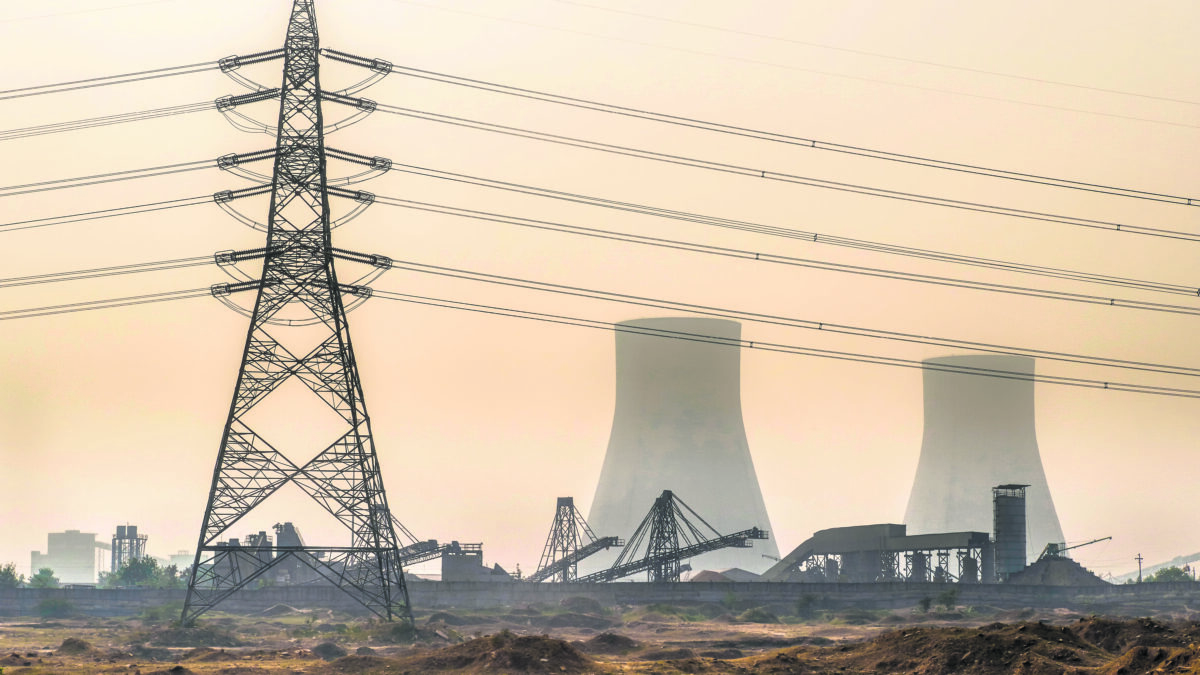So, with Cop26, the world came to Glasgow to save the planet. Did it do so? In a word, no. But the scale of the challenge in taking on the global climate emergency is so great that no single event is ever going to do more than make a small impression.
The jury is still out on how much the gathering achieved. However, there is little doubt that it did result in some measurable achievements and created a massive profile for Scotland and our own environmental efforts.
Not least of these is the challenge we have set ourselves of meeting net zero carbon by 2045, five years ahead of the UK date. Arguably, meeting an interim target of a 75 per cent reduction on the 1995 baseline by 2030 will be even more burdensome.
Cop26 certainly generated a lot of noise, but will it really change anything here in Scotland? This will become clearer as time passes, but the Fraser of Allander Institute at the University of Strathclyde is carrying out a survey which should reveal how much the event raised awareness of the issues.
“I think it’s currently hard to say just how much of a difference it made in terms of things like progress on nationally determined contributions,” says its director, Professor Mairi Spowage.
“However, if you talk to the business community, there has been a growing awareness that their purpose is more than just to make money for shareholders, and that it is very important to think about the wider social and environmental impacts. “I think that Cop has perhaps accelerated that a little bit, and that companies want to demonstrate their credentials in a way that is more meaningful than it has been in the past.”
THERE HAD, SHE says, been considerable progress in Scotland in the lead-up to the gathering, including investing in new technology and decarbonising the power system.
“That’s been possible because of the natural resources we have here, though the challenges going forward are much bigger. The two things we must still tackle are domestic heating and transport. These are not going to be easy, and they are going to require quite a lot of government investment.”
Professor Spowage believes that part of the problem in the future may be that some greening schemes may not be accessible to those on lower incomes, and this could well be exacerbated by the current cost of living crisis.
If people cannot afford to make the necessary changes, this flies in the face of the so-called just transition. “If you are currently looking to replace your boiler, it is still considerably cheaper to put in a new gas boiler than it is to do something different.
“Market intervention by the government is probably needed to make these choices more realistic and affordable for people with lower incomes.”
Moving towards net zero is going to cost a lot of money, she adds, but in reality there is no option when it comes to making the investment. “If we delay and do it later, the cost of adaptation will be much, much greater.”
Martin Fraser, who is senior partner for KPMG in Aberdeen, believes Cop26 did make good progress towards delivering on the Paris agreement on climate goals. “It was also successful in helping to raise at a societal level the issues facing the planet.”
It brought countries together in agreement, he adds. “But it’s very easy to do that. The challenge is delivering. The commitments must be developed into meaningful activities.
“We need to be able to look back in a year’s time and see that what was agreed was achieved. If we don’t do that, then it will have been proved to have been a talking shop and we very much need it not to have been that.”
The event also helped showcase the fact that the climate is as important to Scotland as to other countries, he adds, though the number of people coming to the summit was probably tempered by the Covid pandemic.
“I think the benefits to Scotland itself are probably secondary to the macro benefits. But we do have a rich history of deploying skills to extract carbon energy sources. We need to harness these and transition in a just way from carbon to renewables.
“That, and not what was discussed at Cop, will make the difference. It’s about how relevant our supply chain is to the global supply chain on things like offshore wind,” says Fraser.
IF SCOTLAND ALLOWS turbines to be manufactured elsewhere, then it simply marginalises itself as a low-profit, cost-plus service culture, Fraser says. More will be achieved if it can generate substantive research and development and IP [intellectual property] manufacturing capacity.
“The challenge is that we capture as much of the value in these global supply chains as we can, and there are positive indicators that we are doing well.
“However, you only have to look to places like Scandinavia, Germany and other places in Europe that are doing well too. If other countries steal a march on us, then we get squeezed.
“We should never fall into the trap of Scottish exceptionalism,” he adds. “That’s dangerous. Look around the world and you see lots of examples of technology being developed in areas such as hydrogen and offshore wind. As a small country, we need to run quite fast to keep up and stay relevant.”





